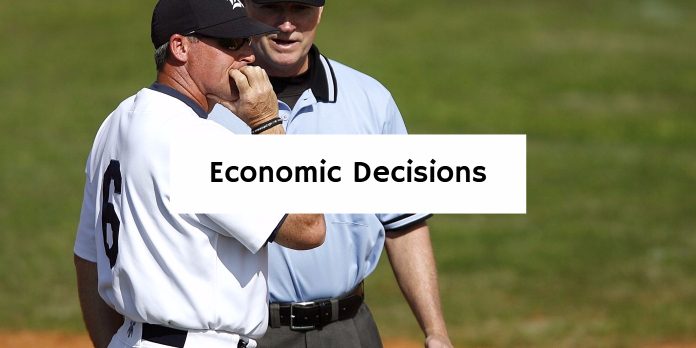There is an interesting piece posted today on the Acton Institute Website: “Self Interest, Rightly Understood,” by Samuel Gregg (http://www.acton.org/ppolicy/comment/article.php?article=360)
The following is one of Gregg’s central contentions:
“As individuals pursue profit, they unintentionally add to the sum total of the wealth in society, unintentionally allow people from different nations to come to know each other, unintentionally promote civility and peace, unintentionally allow others to benefit from more and better jobs, and unintentionally contribute to technological development.”
Gregg is making an important point in highlighting the reality of unintended results in economic activity. I would want to insist, however, on some important nuancing. I agree that people who do not intentionally think about helping others as they make economic decisions often unintentionally promote the common good. And I also believe that people who do think about helping others as they make economic decisions often unintentionally work against the common good. Thus, for example, the poor are often aided by the deeds of people who do not think much about aiding the poor than they are by people who–however noble their motives–do mean to improve the lot of the poor.
To this degree I agree with the “neo-conservative” defense of the actual–even if unintentional beneficial effects of free market activity.
At the same time this also seems to me to be true. People who are not motivated by an intentional desire to promote the common good often do not in fact promote the common good. And people who do aim to promote the common good often do succeed in doing so.
This second point is what keeps me from endorsing a thoroughgoing laissez faire system–even though I have learned enough from the “neo-conservatives” to keep me from an overly-optimistic set of expectations about “do gooder” schemes. What this comes down to for me is a strong sense of the need for discernment on the part of Christians in evaluating various hard-line economic philosophies. I am not sure what a “third way” approach would look like in a world dominated by a thoroughgoing defense of the free market on one hand, and a fondness for mangaged economies on the other. But I am sure that we have to be very cautious about simply giving our hearts and minds over to one or the other perspective.
3 Comments »
-
Mouw’s Musings
Richard J. Mouw, president of Fuller Theological Seminary in California, has a new blog, Mouw’s Musings, and has taken notice of Sam Gregg’s recent Acton Commentary, “Self Interest, Rightly Understood.”
Trackback by Acton Institute PowerBlog — January 5, 2007 @ 10:58 am
-
I think we also need to remember Adam Smith’s own comments about capitalists in his Creation of Wealth. If memory serves me right, he asks the question, who is the greatest enemy of capitalism? His answer: a successful capitalist! Because successful capitalists will seek to create monopolies to destroy all competition. Thus those who extol the virtues of free market capitalism (and I do think there are indeed many positives) should also be the ones most vigilant regarding the “true enemy”. But Dr. Mouw’s more important point is well put; Christians must not give their hearts to any economic system. – Mike Cheek, Fuller alumi, Tallahassee
Comment by Mike Cheek — January 9, 2007 @ 8:52 am
-
Phentermine for sale.
Phentermine and for sale and consultation. Phentermine all gt gt sale. Phentermine for sale. Phentermine on sale.
Trackback by Phentermine for sale pharmacy online. — August 31, 2007 @ 11:36 pm






























